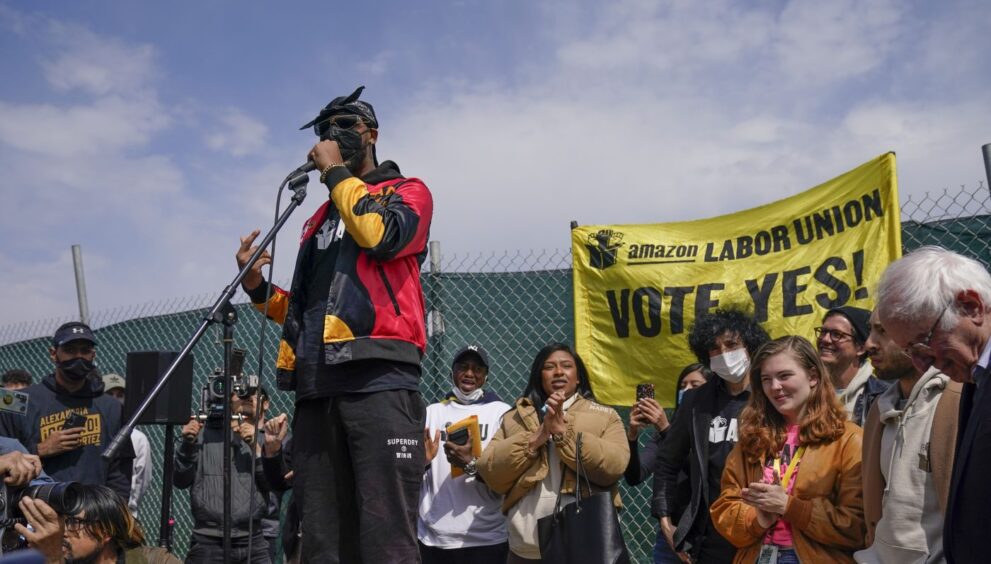The Impact of Amazon’s Departure from Quebec on Workers’ Rights in the US

Amazon’s recent decision to cease operations in Quebec, resulting in the layoff of around 2,000 workers due to their unionization, has far-reaching implications beyond just Canada. The move is a blatant retaliation against organized labor, sending a strong message that if workers choose to unionize, the company will leave.
This situation highlights the power imbalance between workers and massive corporations like Amazon, both in Canada and the US. Amazon’s ability to shut down facilities, relocate operations, and avoid unionization by absorbing financial losses is a significant obstacle for organized labor, particularly in the US where union efforts face strong opposition.
The closure of Amazon’s operations in Quebec serves as a warning for US workers, showcasing how multinational corporations manipulate their global presence to weaken organized labor. This divide-and-conquer strategy can cause companies to shift operations to regions with weaker labor protections if workers unionize in one location.
The Quebec incident underscores the vulnerability of US workers in a globalized economy, emphasizing the necessity of strong labor laws and international solidarity to counteract the control exerted by transnational corporations like Amazon. Additionally, it questions how companies like Amazon can prioritize profits over communities while maintaining an image of being customer-centric and innovative.
Public support for unions in the US is increasing, yet Amazon’s actions in Quebec reveal the lengths corporations will go to maintain control, highlighting the urgency for labor advocates, policymakers, and the public to demand corporate accountability and support workers’ rights.
The situation in Quebec serves as a wake-up call for the US labor movement, emphasizing the need for enhanced protections against corporate retaliation and stronger backing for workers seeking to unionize. Current laws are inadequate to address the challenges posed by global corporations like Amazon, necessitating reforms to prevent the abuse of closure threats to undermine union efforts.
Furthermore, the importance of international solidarity in the labor movement is highlighted, as workers worldwide face similar issues with anti-union tactics used by companies like Amazon. Building a global coalition of workers could prevent corporations from pitting regions against each other, fostering a unified front against corporate overreach.
The closure of Amazon’s operations in Quebec sets a precedent for potential emulation by other companies, underscoring the importance of resisting corporate power and advocating for workers’ rights. Solidarity is identified as a powerful tool in challenging corporate dominance, emphasizing the ongoing fight against Amazon’s influence despite the sacrifices made by workers in Quebec.






















































































































































































































































































































































































































































































































































































































































































































































































































































































































































































































































































































































































































































































































































































































































































































































































































































































































































































































































































































































































































































































































































































































































































































































































































































































































































































































































































































































